How to keep kids entertained (and educated) at home, with Fritha Quinn
Home educator and parenting blogger @tigerlillyquinn takes part in our #RaceRoundTheWorld and shares some top tips to keep young people’s imaginations whirring at home
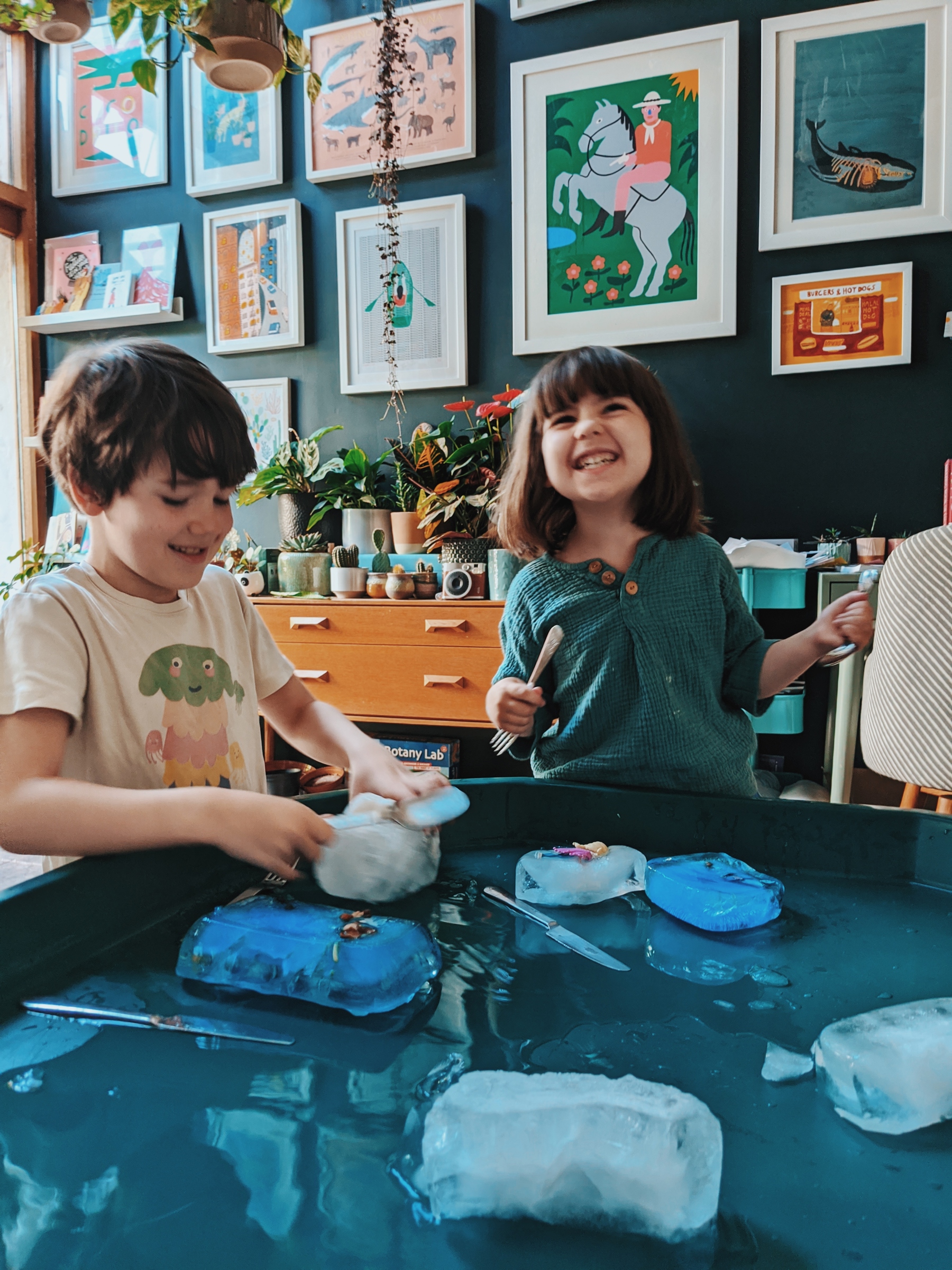
When I heard about how many Scouts groups have been hit hard by the COVID-19 crisis, I wanted to see if we could help at all.
I knew what a great resource Scouts is: providing opportunities for children to learn and grow and try fun new things.
I knew how many young people rely and depend on these groups, especially in vulnerable areas.
And, as a home educator, I’d been meaning to sign my own children up for Beavers and Cubs for a while.
Taking part in #RaceRoundTheWorld – a sponsored race to raise money for Scout groups at risk of closing in the wake of the pandemic – was a no brainer.
As a family, we had a look at the website and decided that, instead of physically completing our sponsored ‘mile or more’ in our local area, we’d take a look at a few of the alternative challenges on offer and incorporate them into our day.
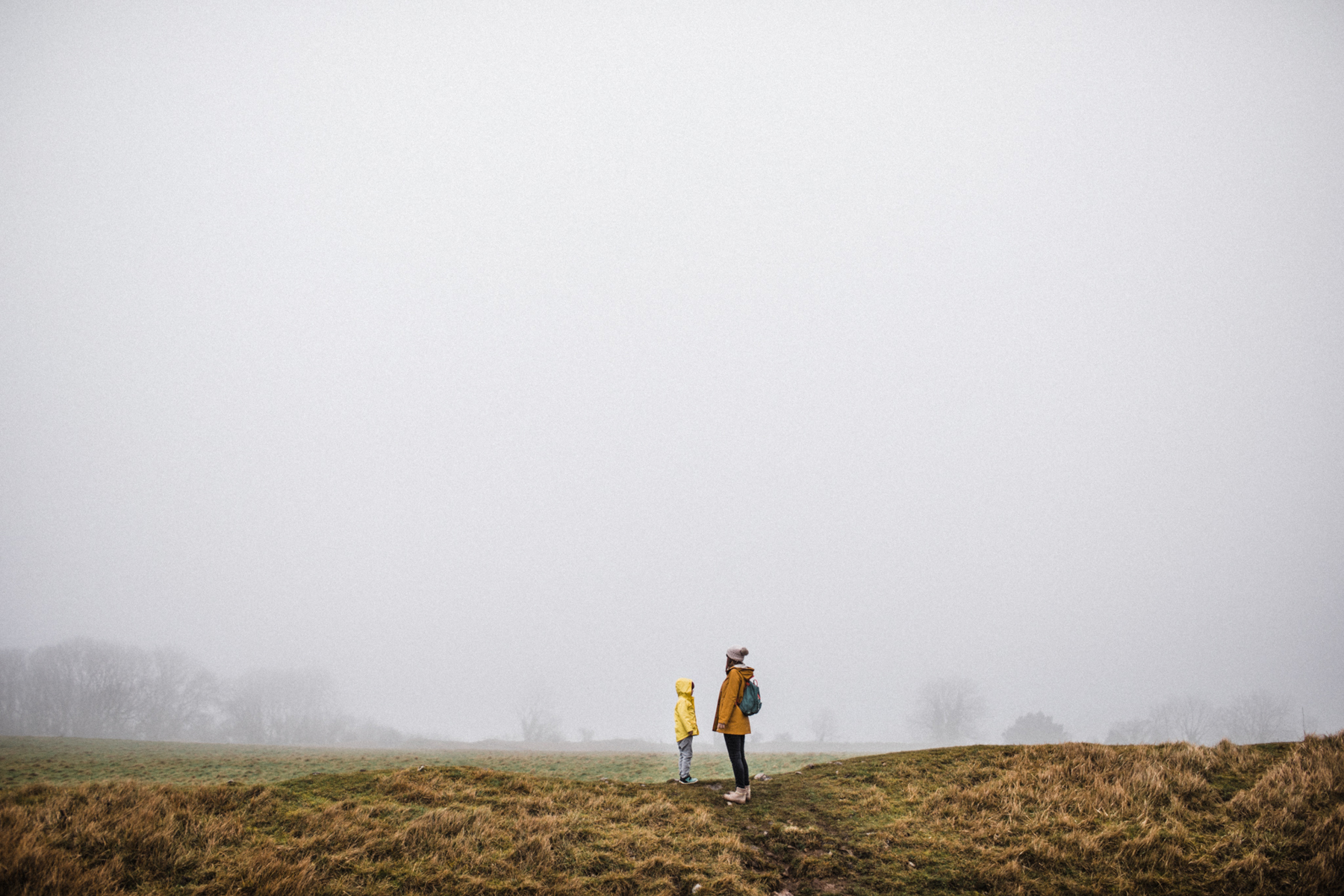
Each activity takes 5-25 minutes to complete and builds on a different skillset – including creativity, cooking, teamwork, movement, motor skills and logic.
And each is tailored to suit children and teens aged 6-16, making them ideal to slot in amongst home-schooling or playtime, while also counting towards your sponsored ‘mile’ (or direct donation) to raise money for Scout groups in need.
For us, learning about different cultures, countries and customs seemed like a great way to brighten up a rainy December day, so we dived right in to some of the international-themed activities for Beavers and Cubs.
Whilst we’re new to home education – having made the decision this year – I thought it might be fun to share some of the things we tend to do during our typical week. Even if you’re not a home educator, I hope these techniques can still help spark some ideas, whether you apply them to your home or Scout life.
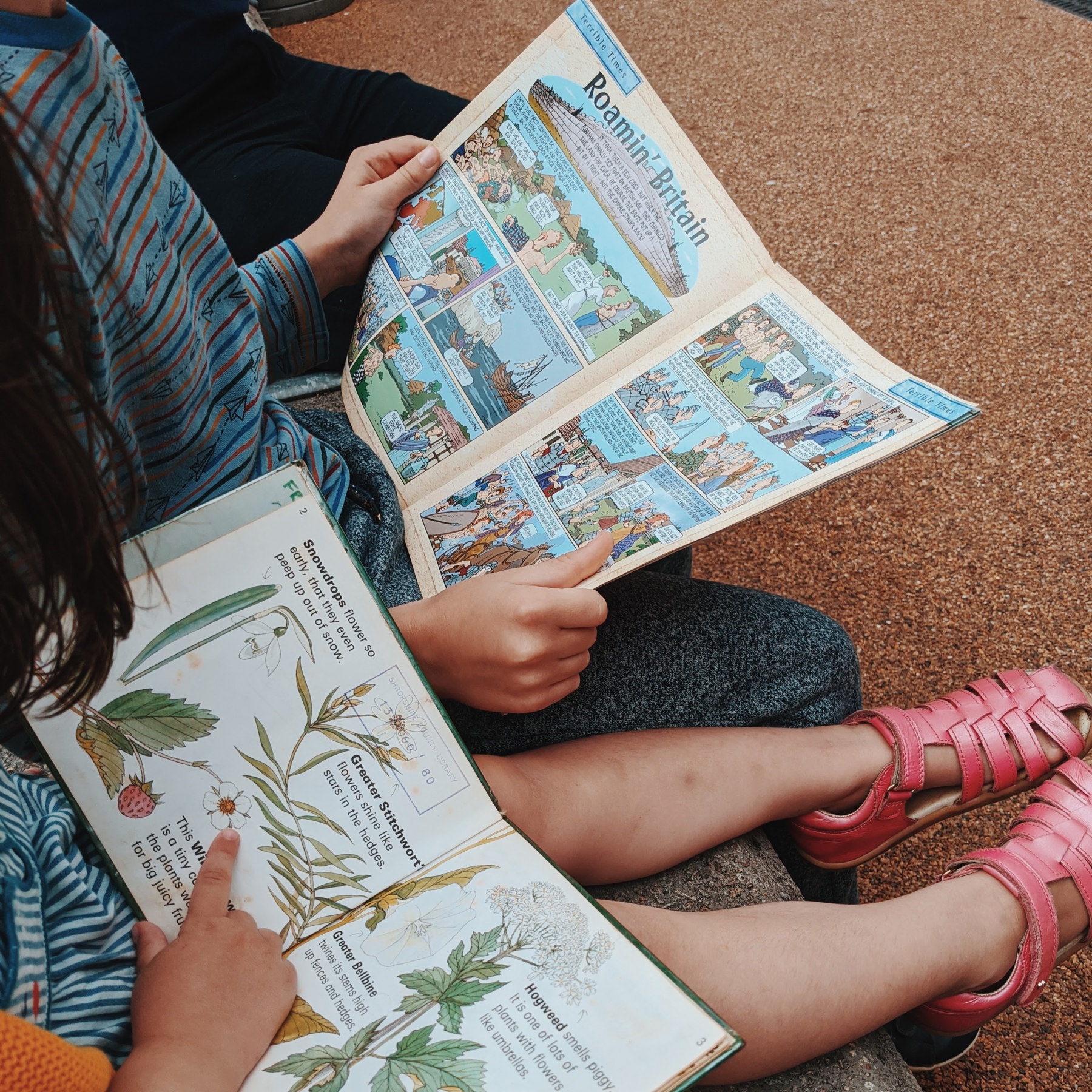
Keep some sort of structure
One thing that has really helped us is keeping some sort of structure.
We start our learning at roughly the same time each day, starting the week with more ‘sit down learning’ activities, which we typically do for an hour in the morning before we move on with exploring whatever topic has sparked interest.
Towards the end of the week, we might focus more on getting outside for the day or curling up with a book.
But be a little flexible, too
We’re still dipping our toes into different learning styles until we find one that fits best, but I’d say we lean towards a mix of classical home schooling and what’s often known as ‘unschooling’, where we try to be a little flexible and spontaneous in our learning, listening to our instincts and seeing where our interests take us that day.
The latter was definitely an approach that helped us adapt and cope during those initial months of staying at home in lockdown.
Remember: learning doesn’t always look like learning
Playing with Lego is learning. Playing with the mud in the garden is learning. Reading a book is learning. And getting bored can be a great catalyst to kickstart the imagination!
Children are individual and it’s important to let them explore and nurture their interests. What one child excels in and is passionate about can be completely different from what another enjoys.
Whilst I fully encourage supporting them in areas they may struggle with, I try to remember it’s okay to put those to rest for a while, until they feel ready.
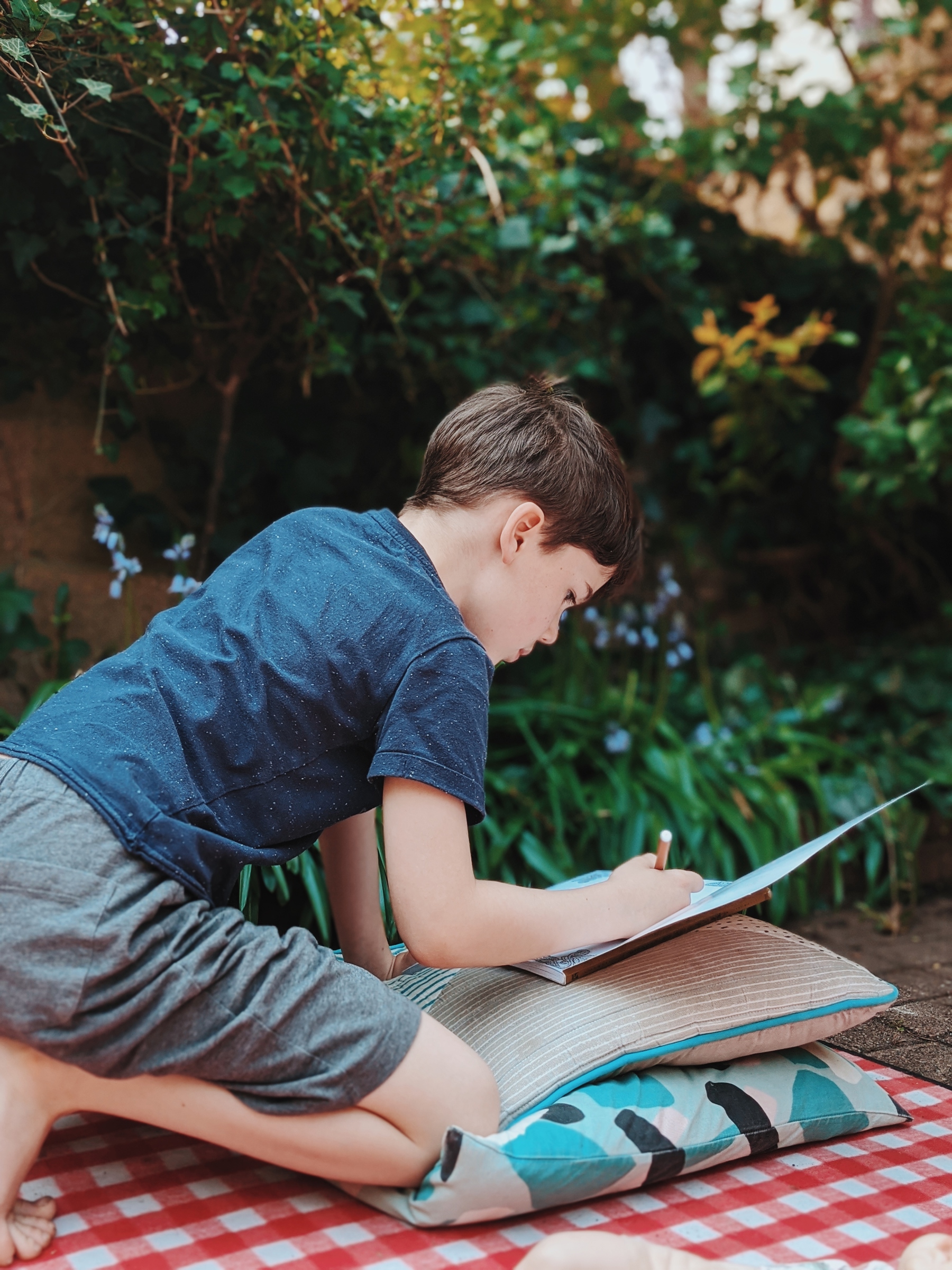
Remember this is a learning process for grown-ups, too
It’s okay if you don’t have all the answers.
You're not a teacher: you're a facilitator of learning.
I love discovering things and re-learning them along with my kids. Often, they’ll pick up information and excitedly tell me about it. I’m learning more now in my thirties than I’ve ever done before!
Take each day at a time
Knowing when to encourage my children and when to lean back is a skill I’m trying to hone, but I always try to remember that learning should be fun.
In our house, we tend to take things as they come and can usually judge pretty well if we need to spend that day learning through board games that day opposed to practising grammar.
Both have a time and a place, and both are just as important.
For the most part I would say if you are thinking about home schooling, are isolating from school due to the pandemic or just want some more ideas to keep the kids busy, go easy on yourself.
Know you are doing a brilliant job and don’t put too much pressure on yourself.
And, on that note, we’re off to spend half an hour colouring in flags of the world and designing a new Scouts uniform!
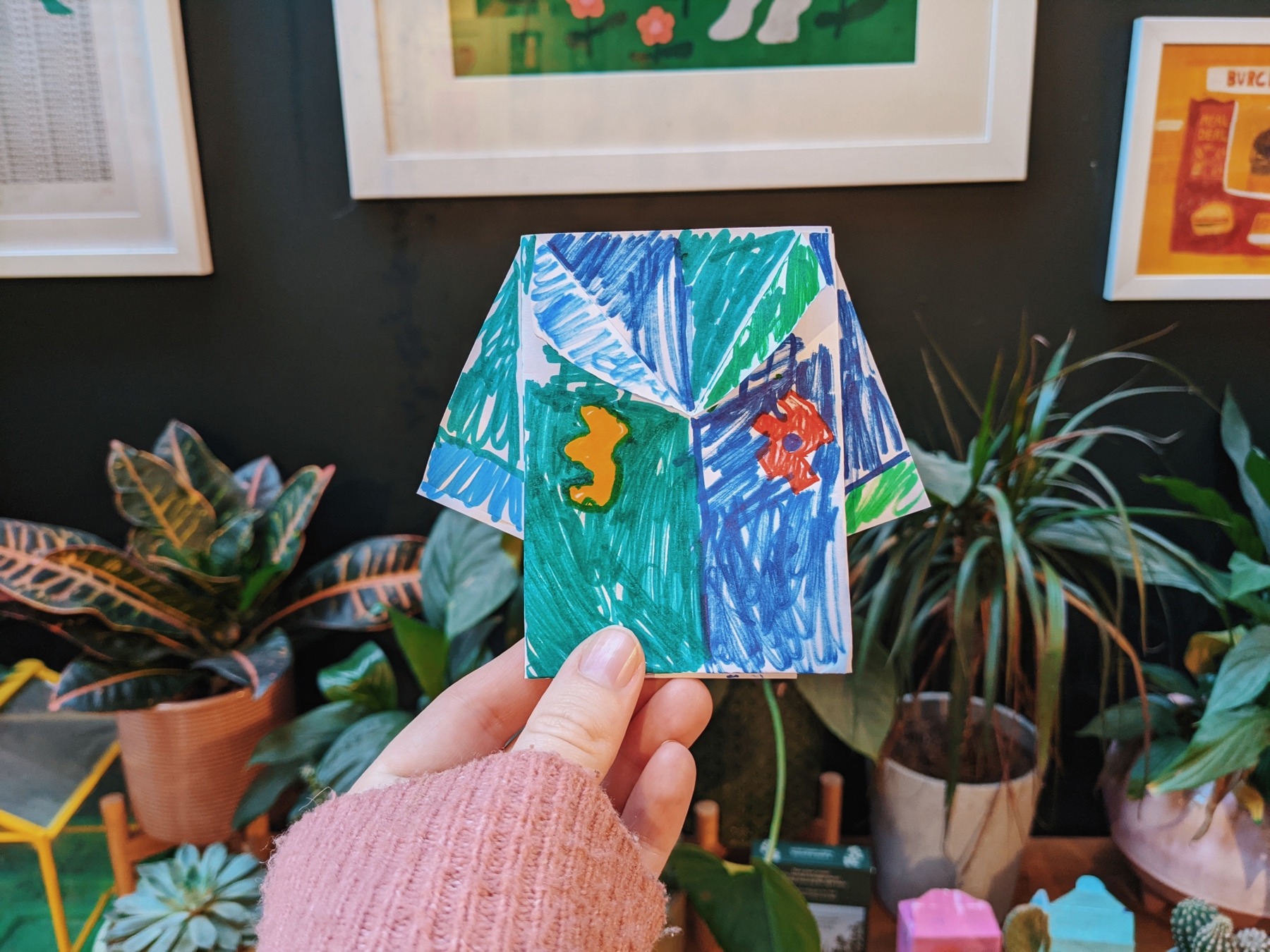
I really recommend taking part in the race. Even if your children aren’t in Scouts yet, they can still join in with the activities and either do a sponsored race (by 11 Dec) or make a token donation, if you're able.
There are so many ideas and activities to give you tonnes of ideas which you can incorporate into home learning and play: sparking their imagination while raising money to support young people just like them. We had a lot of fun.